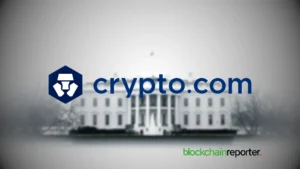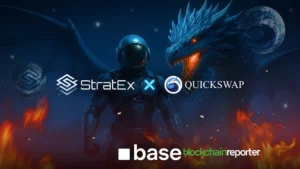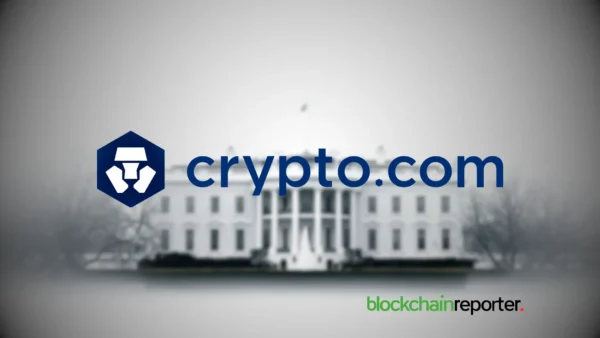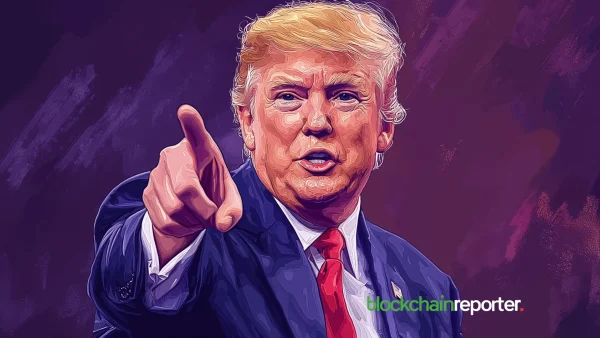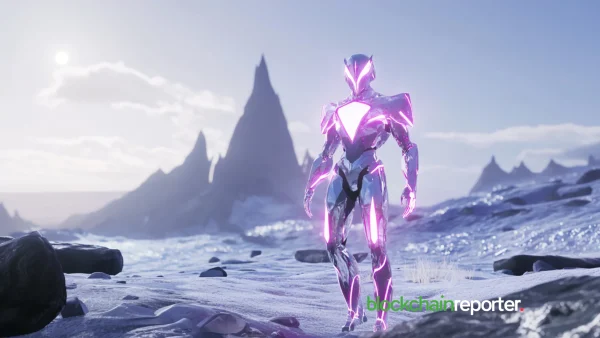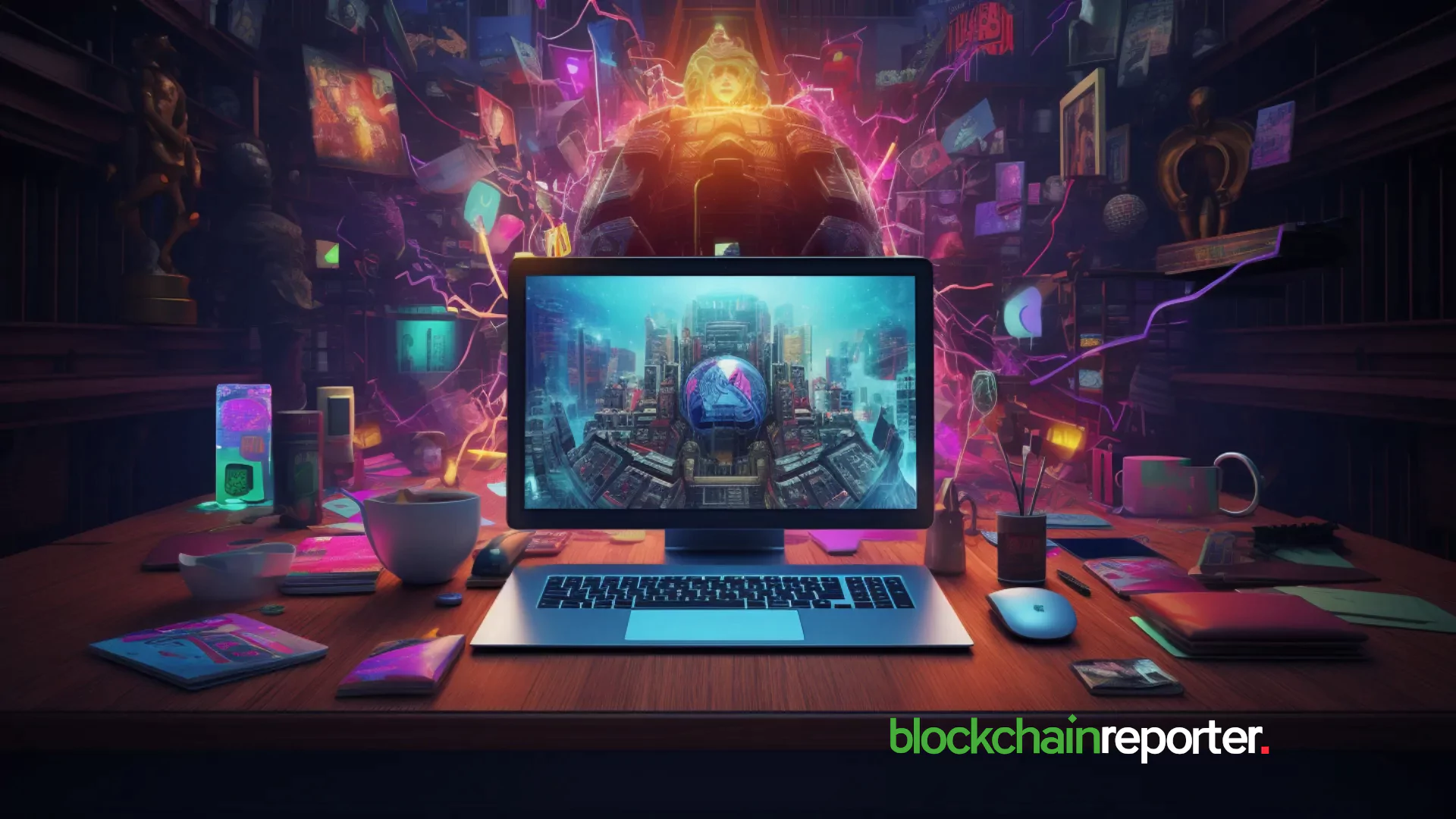
You’re curious about blockchain’s role in securing online gaming against cheating and fraud. Many are. This innovative technology is entering the gaming world, offering protection through its unchangeable and decentralized record.
By leveraging transparency and fairness, blockchain fortifies a vulnerable sector. Keep reading to grasp how this disruption prevents deceit in online gaming.
Enhanced Security and Fairness in Online Casino Games Through Blockchain
Blockchain technology vastly impacted online casino gaming. It introduced security, fairness, and defending against fraud and cheating. Transparency prevails, and altering results undetected is near-impossible.
Casino platforms such as online roulette for real money utilizing blockchain offer players previously unattainable security levels. Typical online casinos rely heavily on centralized systems – susceptible to hacking and fraud. Conversely, blockchain-based casinos operate via distributed ledgers across computer networks.
All bets, wins, and losses get transparently, permanently recorded. Fraud detection is straightforward. Smart contracts automate payouts based on game results, eliminating human interference, further reducing manipulation risks.
Provably fair gaming, a blockchain concept, ensures fairness. Players can verify each round’s fairness themselves. Before games start, platforms provide cryptographic outcome hashes. Players later confirmed outcomes weren’t altered. This fosters trustless environments.
Players don´t rely solely on casino reputations or regulatory oversight for fair play assurance. Thus, blockchain-built online casino games provide secure, equitable platforms for gambling enthusiasts, significantly curbing fraud/cheating while enhancing overall gaming experiences.
Blockchain Tech: The Basics
The digital transaction landscape is undergoing a revolution thanks to the inventive power of blockchain technology. Fundamentally, blockchain stands for:
- A distributed ledger system that significantly deviates from conventional centralized data administration;
- A vital component of the “internet of value”;
- Enabling the international transfer of different assets without the need for middlemen, including money, legal papers, and personal data.
Advocates like the World Bank explore how blockchain can aid development. They expect widespread adoption will gradually replace outdated methods across sectors like online gaming/gambling and anti-money laundering efforts.
How Blockchain Functions
Blockchain’s core is its complex structure – a distributed digital ledger spanning a vast network, eliminating centralized control through replication across numerous computers/nodes.
Each block contains transaction records, details, and a unique cryptographic hash linking it permanently to the previous block, forming an unbreakable chain.
Blockchain keeps things secure through two significant factors: transactions being saved permanently and protocols ensuring all nodes agree on the ledger state. This confirms that every action is valid and accepted system-wide.
Making new blocks, called ‘mining,’ involves solving complex puzzles that bolster security and smooth operation in blockchain systems.
Advantages of Blockchain for Online Gaming
The gaming world could see big improvements by using blockchain tech, with key pluses.
- Since no single authority controls data and transactions, the decentralized setup cuts down on potential fraud.
- Enhanced security comes from cryptographic hashes and digital signatures, protecting game transactions from unauthorized changes.
- A transparent ledger updating in real-time makes a reliable gaming environment.
- Consensus protocols ensure interactions within games stay accurate.
Smart contracts on blockchain streamline processes by removing middlemen and lowering costs. Players gain more control over their gaming experiences.
They can earn and trade tokens or join decentralized autonomous organizations (DAOs) contributing to gaming platforms’ resilience and safety.
How Blockchain Helps Stop Cheating In Online Games
Both gamers and game makers want gaming experiences free from cheating. Blockchain technology can help by keeping transactions safely, verifying identities, and enforcing rules with intelligent contracts to promote fair play.
As cheaters get sneakier, blockchain’s secure and tamper-proof records become more crucial for gaming platforms trying to detect multiple account abuse, fake accounts exploiting bonuses, and other fraud tactics.
Advanced fraud detection software monitors user activities across accounts. It quickly identifies any strange behavior hinting at account theft or affiliate fraud. This tech helps maintain integrity instantly throughout online gaming.
- Constant monitoring across all user accounts
- Rapid spotting of potential takeover or affiliate misconduct
- Maintaining fairness in the online gaming world right away
Safe Transactions
Secure transactions matter greatly in gaming environments. Implementing blockchain revolutionizes security through an unchangeable, cryptographically shielded record of transactions, resistant to centralized server vulnerabilities.
This advancement makes using cryptocurrencies safer than traditional payment methods like credit cards, enhancing transaction security.
Blockchain enables gamers to secure their virtual personas and digital assets via encrypted public addresses. This cutting-edge tech robustly protects them across different games, significantly disadvantaging cybercriminals through advanced encryption and decentralized distribution within gaming realms.
Identity Verification
Protecting one’s online identity is as vital as safeguarding physical assets nowadays. Blockchain tech offers a fortified system for managing decentralized digital identities, reinforcing users’ online presence while meeting stringent privacy laws.
Its robust identity verification effectively thwarts credential stuffing attacks, where hackers hijack gaming accounts using stolen login details.
To enhance security, Multi-factor authentication adds extra steps like sending links or codes to associated phones/emails, eliminating sole reliance on passwords.
Utilizing facial recognition and nullifying bots/emulators, blockchain creates a transparent, auditable trail of player identities. This sharply cuts incidents of creating multiple accounts deceptively or other identity theft practices rampant in gaming.
In online gaming, special programs called smart contracts act as fair judges. They check what happens in games to make sure that all players follow the rules.
These automated deals prove transactions happened so others can’t lie or cheat. Smart contracts help keep digital belongings valuable and make gaming safer for everyone.
Smart contracts also give rewards when players do certain things in games. For example, they might get paid cryptocurrency when they reaches the next level. This stops cheaters since contracts only reward honest playing.
Thanks to smart contracts, games become trustworthy places where all results are recorded on blockchains that anyone can see. Regulators like this as it keeps gaming fair without outside monitoring.
Real-World Examples of Blockchain in Online Gaming
Blockchain is already changing online gaming in many real-life examples. Here are some:
- Millions play Axie Infinity, trading cryptocurrency based on the Ethereum blockchain;
- CryptoKitties and Gods Unchained let players collect tradable NFTs;
- Places like The Last Will use blockchains so players can safely trade game items and pass down digital assets when they pass away.
Crypto games like Decentraland use blockchains to run virtual events and tournaments where winners get provable rewards.
Blockchains in Illuvium, The Sandbox, and Age of Rust give players true control of what they own in games. Blockchains reduce cheating and fraud, enhancing gaming experiences for everyone involved.
Decentralized Gaming Platforms
Innovative blockchain technology leads the way in online gaming. It provides engaging, secure experiences. Some examples are:
- Decentraland: Users create, explore, and earn from content and apps. This digital world uses blockchain tech.
- Gods Unchained: Players truly own their collectible cards thanks to Ethereum’s secure blockchain.
- The Sandbox: People can make and own virtual assets. The platform runs on the Ethereum blockchain.
These platforms, made by different gaming companies, offer new ways to play. Players use their accounts.
In games like World of Ether, security is critical. Users collect creatures to battle. All transactions are recorded on Ethereum’s ledger.
This shows how secure it is. It also allows play-to-earn models. Players earn crypto rewards for their efforts. This enhances the whole gaming experience.
Blockchain-based Anti-fraud Solutions
Blockchain tech fights fraud, not just in single games but the whole gaming world. These anti-fraud systems are crucial. They maintain transaction integrity by providing the following:
- Security and clarity;
- Protection against repeated charges for one payment or service;
- Assurance of singular ownership that can’t change, thus letting gamers trade items confidently given an unambiguous record of having them.
Blockchain innovation keeps evolving. We foresee more advanced smart contracts, token mechanisms promoting better compatibility among platforms, and elevating collective gaming experiences.

